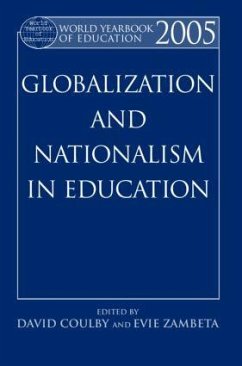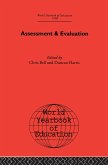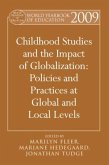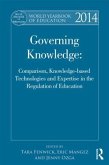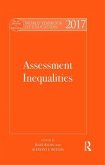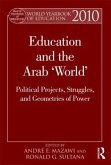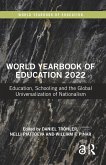This volume deals with two major and apparently opposing forces within education and society: globalization and nationalism. Globalization is often considered in economic terms - of continued growth of international trade and a concentration of wealth in corporate hands - yet it also encompasses technological, political and cultural change. The World Yearbook of Education 2005 explores the role of the education sector in our globalized knowledge economy, and considers the political implications of this in terms of monopolarity and the cultural consequences of homogenization and Americanization. The other strand of this study - nationalism - remains a persistent force within education and society in all parts of the world, and this volume examines the extent to which it can fuel conflict at all levels through prejudice and intolerance. Concentrating on the epistemological consequences of nationalism, leading international thinkers examine the extent to which it is reflected in the curricula of schools and universities around the world. Finally, the complex relationship between globalization and nationalism is explored, and contributors explore the part that educational institutions and practices play in forming both agendas. A wide range of perspectives are employed, including post-colonial discourse, classical economics and sociological theory. Nationalism and globalization are both ongoing processes, and this volume makes a case for the central role of education in both - through its potential to influence change and to act as benevolent force in shaping a global community.
Hinweis: Dieser Artikel kann nur an eine deutsche Lieferadresse ausgeliefert werden.
Hinweis: Dieser Artikel kann nur an eine deutsche Lieferadresse ausgeliefert werden.

